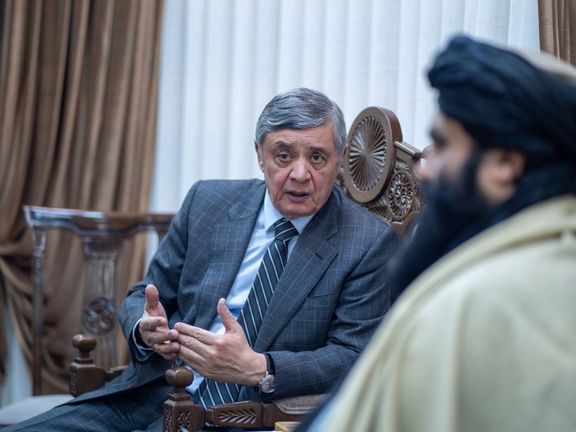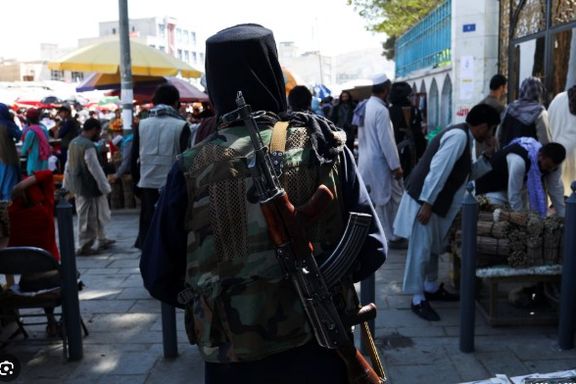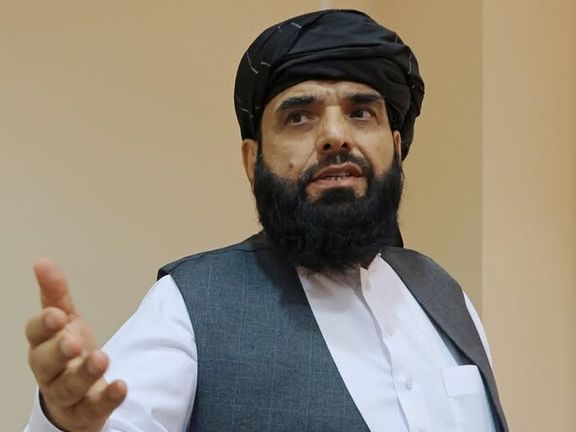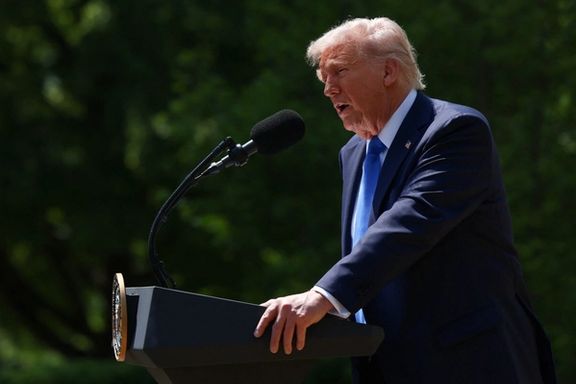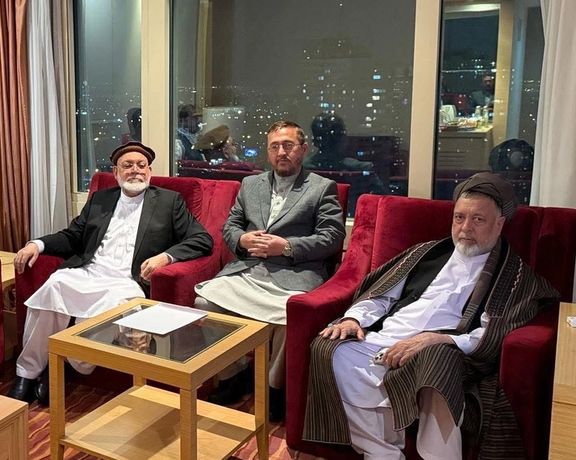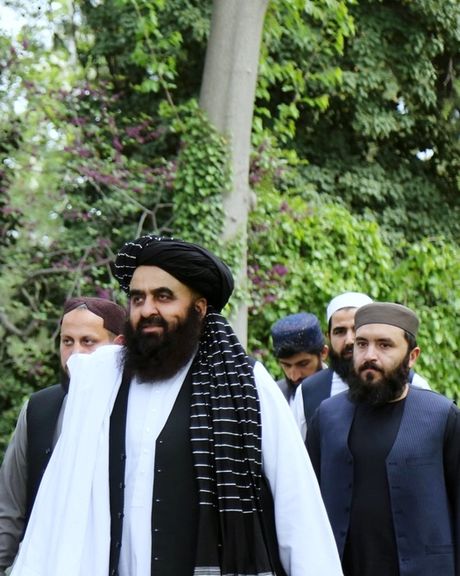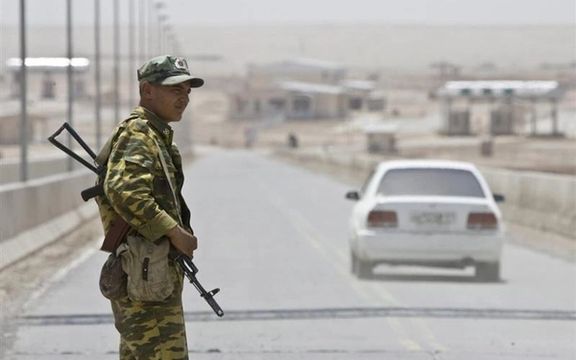Sources aware of the development speaking to Afghanistan International have confirmed that UN officials in Kabul are engaged in talks about Afghanistan’s political future, including the possible accreditation of Suhail Shaheen, currently the Taliban’s envoy in Qatar, as the official group’s ambassador to the United Nations.
According to a source in Kabul, these discussions are part of a broader political roadmap being drafted by the UN for Afghanistan’s re-engagement with the international community.
As part of the proposed framework, three key conditions have been set by the international community and three by the Taliban. The UN is reportedly insisting on the formation of an inclusive government, the dismantling of terrorist networks operating within Afghanistan, and the protection of human rights including the reopening of schools, universities, and workplaces for women.
In return, the Taliban are demanding international recognition of their government, the lifting of economic sanctions, and the unfreezing of Afghanistan’s overseas financial reserves.
Sources say the UN has proposed a phased, step-by-step process for engagement on these six conditions. Should the Taliban establish a broader and more inclusive governing structure in Kabul, the UN seat may be formally handed over to Suhail Shaheen.
The Taliban leadership in both Kabul and Kandahar have, according to the sources, not opposed the plan in principle. Some Afghan political parties and prominent figures have also reportedly welcomed the gradual approach, viewing it as a way to promote human rights, end international isolation, and establish a more representative government.
Diplomatic sources indicate that a six-month timeline has been proposed to begin implementing and monitoring the plan’s key elements.
One diplomat, speaking on condition of anonymity due to the sensitivity of the negotiations, confirmed that progress has been made and that all discussions are taking place under the supervision of the Taliban leadership in Kandahar. However, the diplomat warned that hardline factions within the Taliban, as well as certain political groups, remain resistant to power-sharing arrangements.
The Taliban spokespersons did not respond to a request for comment from Afghanistan International.
Suhail Shaheen was nominated by the Taliban as their UN ambassador shortly after their return to power in 2021. However, the UN has not yet formally recognised him in this capacity.
